Institutionalizing Canadian Studies at Michigan State University in ways that engage faculty, students, and the larger community is at the heart of the Center. It is no wonder Michigan State’s Canadian Studies Center is the longest serving such Center in the United States given not only our geographic location, but also the reciprocity seen at the U.S. –Canada border. The impact of our close proximity affects so much of what we do – from the kind of jobs we have in this region to the cultural traditions we see in our daily lives. Michigan State recognizes the unique opportunity we have to cultivate an understanding of Canada and its global connections.
Together, the U.S. and Canada steward our Great Lakes, the largest freshwater resource on the planet, during a time of water scarcity both domestically and internationally. With a strong labor, education and talent exchange across our shared border, we often convene to discover solutions to complex problems in our own backyard, and for our more distant neighbors. While accommodating the busiest combined land crossings for trade, we are ever mindful of our commitment to keep our borders running smoothly and safely. At the same time, we celebrate a rich native history that knows no borders from day to day.
With this introduction to the collaborative connections between the U.S. and Canada, and perhaps new awareness of the important role of Canada to the U.S. and to the world today, we ask you to consider supporting the following program needs and financial goals. We invite your ideas – based on what is important to you– on what MSU can do to strengthen the impact of the Canadian Studies Center.
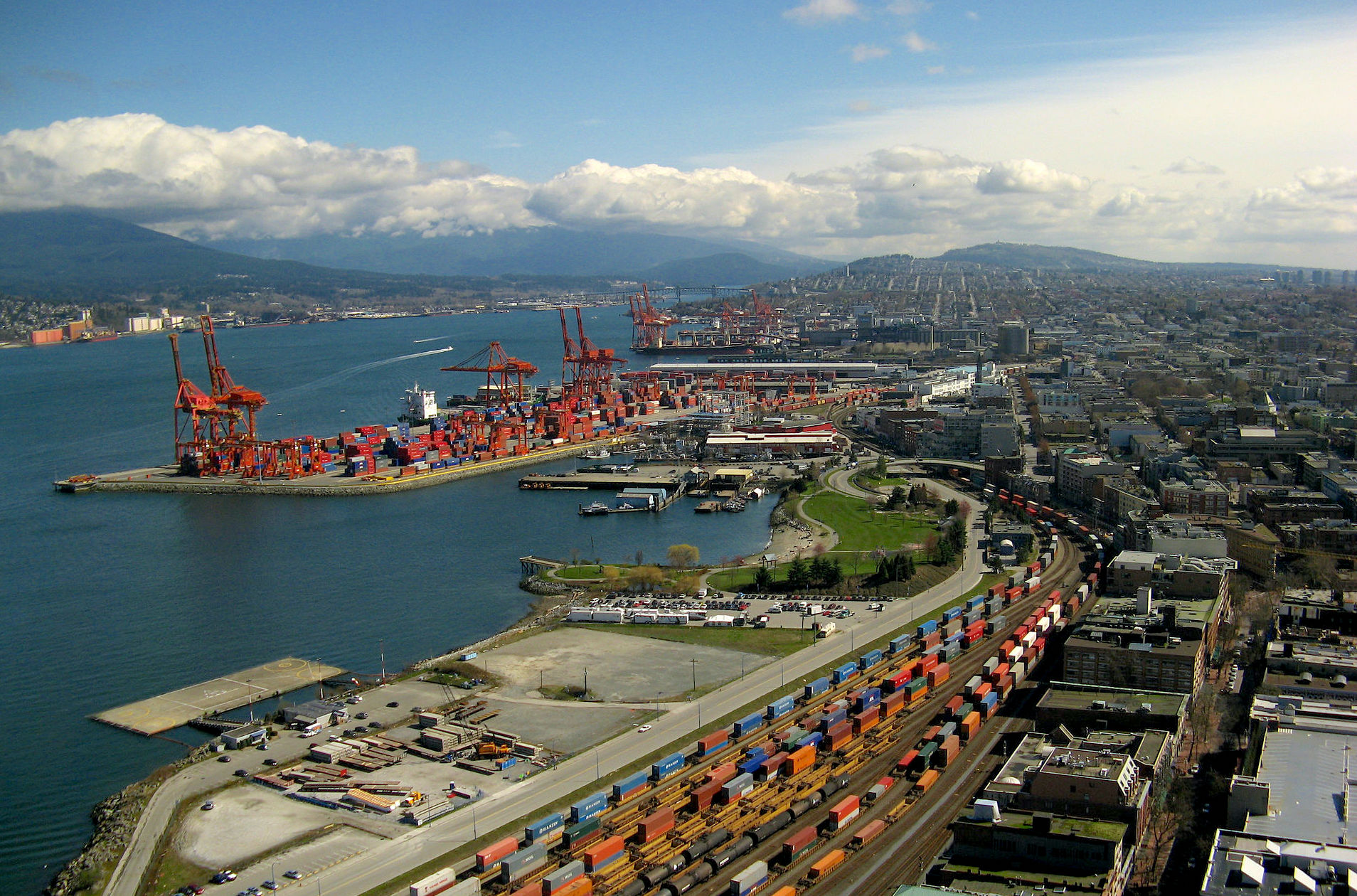
Trade and Supply Chain Infrastructure, Border Research - While the U.S. has long been Canada’s largest trading partner, Michigan is second-to-none among the States for trade with Canada. Our university sits at the intersection of the busiest trade and commerce land crossing in the world.
We share stewardship of the largest fresh body of water on the planet, the Great Lakes. Moreover, we not only exchange material goods across the border, we trade both labor and academic talent. Together, we will construct one of the most critical infra-structure projects to global trade and transport the world has seen during this century, the Gordie Howe Bridge. Aside from everyday exchanges and structural wonders, borders host numerous societal challenges such as human trafficking and counterfeit products, both requiring high tech solutions based on cutting-edge research and innovation. Thus, we have enormous opportunity to provide a unique experience for our education community while nurturing expertise in the Great Lakes region that will serve the world.
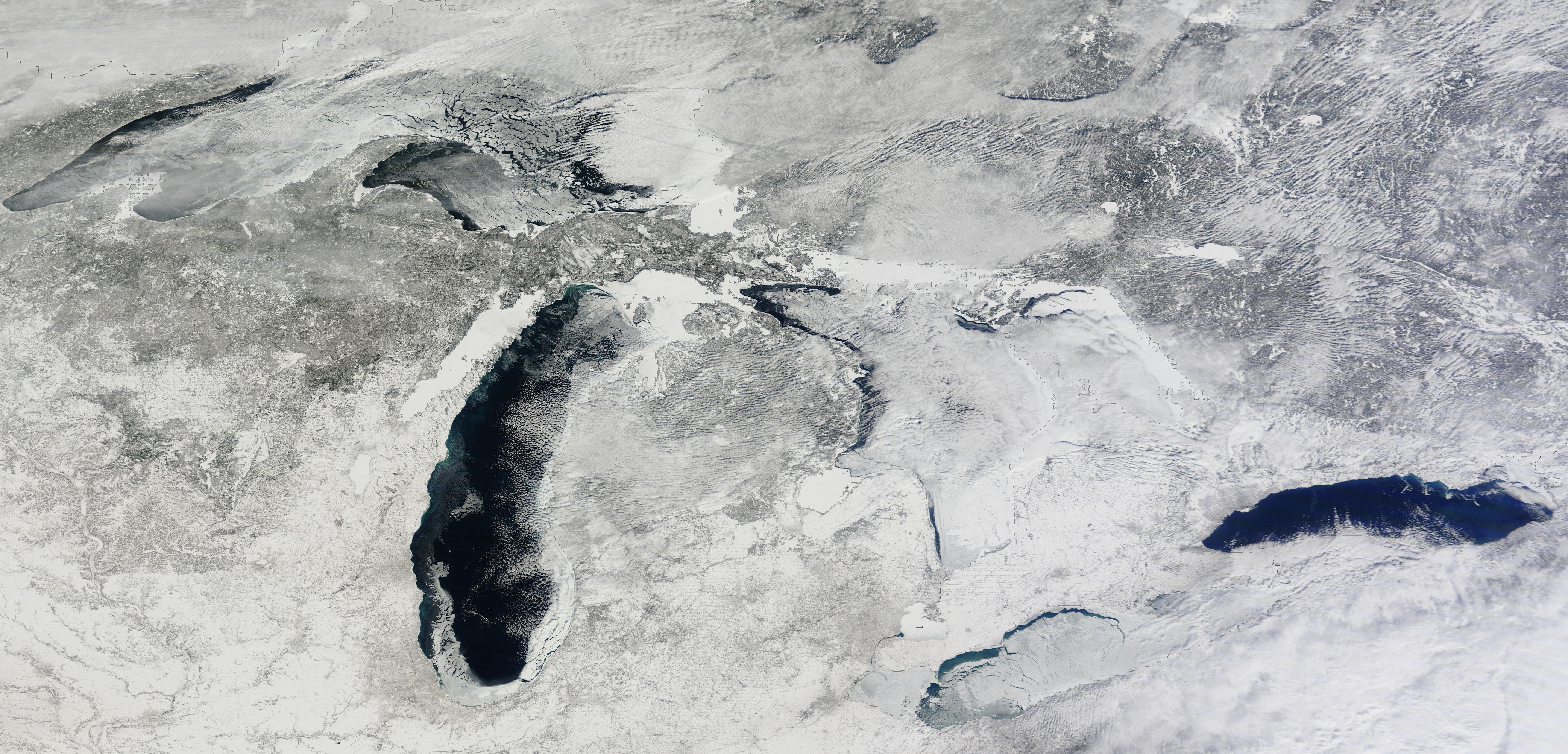
Great Lakes Stewardship - The Great Lakes are a world wonder in every way. Right in MSU’s back yard, scientists from around the globe visit to study our planet’s largest body of freshwater.
Topics of late have to do with the impact of climate change on water quality and levels, aquatic invasive species and new contaminants causing lake foam and algae blooms, and infrastructure for supporting the economic vitality of these waterways. The ties between agriculture and the health of the Great Lakes is critical as we examine better, faster food production that will keep pace with the world’s population growth. In fact, more than 110 MSU faculty members consider their work related and important to water. With dwindling resources for protection, restoration, and preservation of the Great Lakes, the need for understanding the Great Lakes is paramount to their future and to great degree, our future.
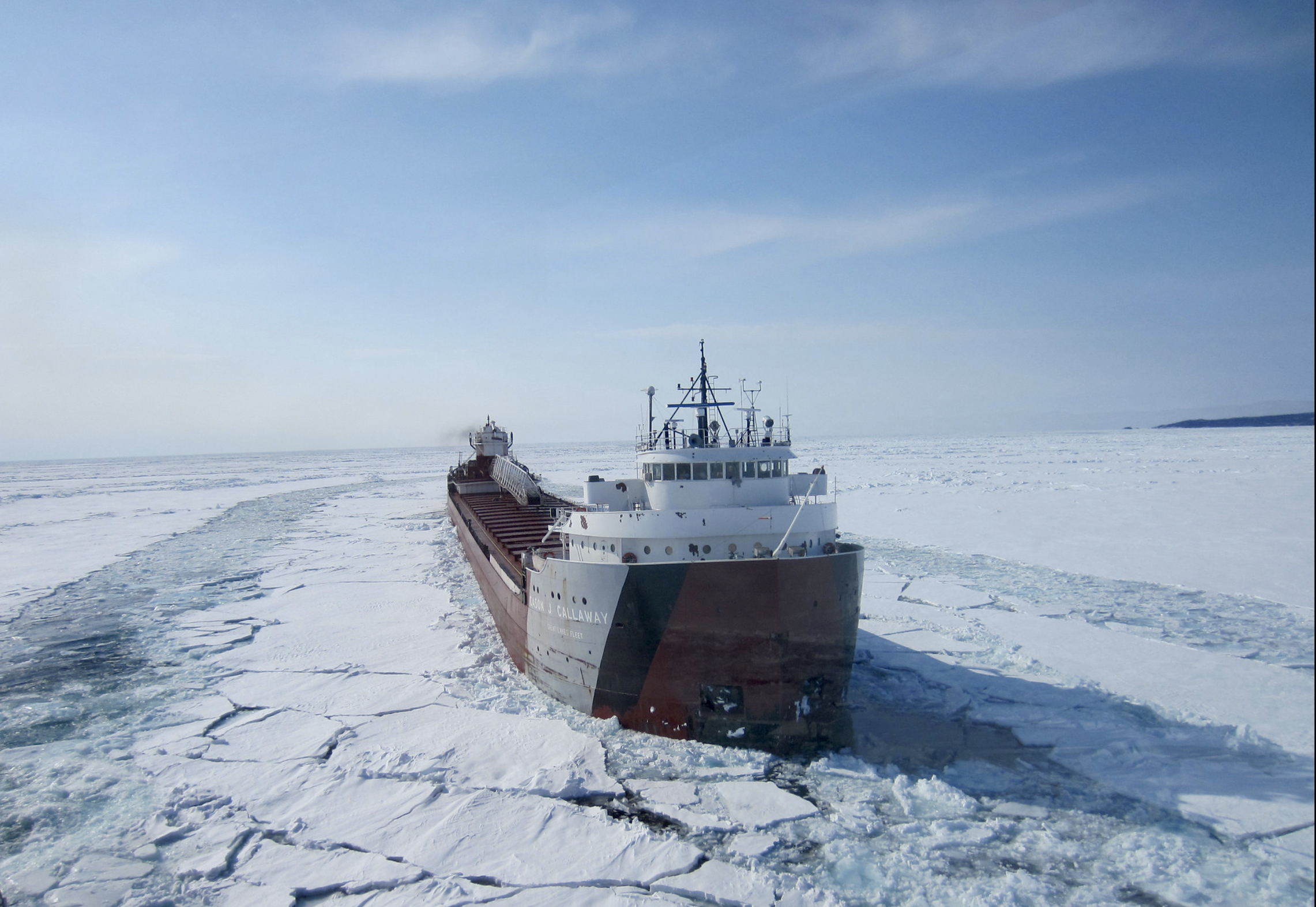
Arctic Research Platform - Complex problems of a changing Arctic attract a broad array of MSU expertise due to the expansive impact of those changes across the globe.
While it has long drawn the attention of environmental scientists, a trend toward warmer climates in the Arctic has caught the eye of water experts and land hydrologists, food systems and food security investigators, as well as trade economics and energy professions. Arctic observers see more tourists and barges passing through the Arctic, and indigenous people as well as native animal and plant species migrating or modifying their traditional ways of life. Given the global significance of change in cold regions of the world, the Canadian Studies Center is working to pair up MSU talent with those who have experience in the Arctic and to cultivate the talent needed to address these changes as they unfold.
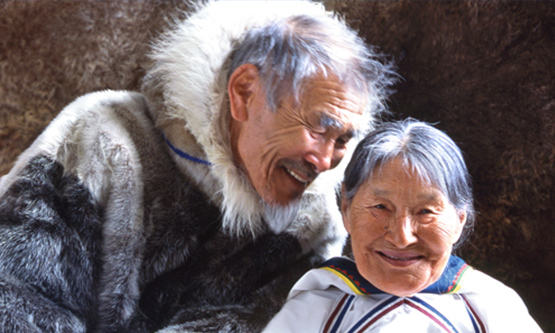 Indigenous Communities - Canada has acknowledged a history of injustice toward its indigenous peoples and their communities. As a result, a myriad of interwoven problems has become more apparent than ever.
Indigenous Communities - Canada has acknowledged a history of injustice toward its indigenous peoples and their communities. As a result, a myriad of interwoven problems has become more apparent than ever.
More recently, Parliament has made commitments to address issues of distant and under par health care services in tribal- dominant regions where the occurrence of suicide, tuberculosis, Type 2 diabetes and addiction has risen. Further complications come with abject poverty where economic opportunities are sparse. These isolated communities are witness to social injustices in education and job training, as well as safety for women and children. Much attention is needed on treaty rights to land, energy resources, and minerals. With further resources for applied research and faculty work, along with incentive for talented students to help examine and address these issues, Spartans can make a difference.
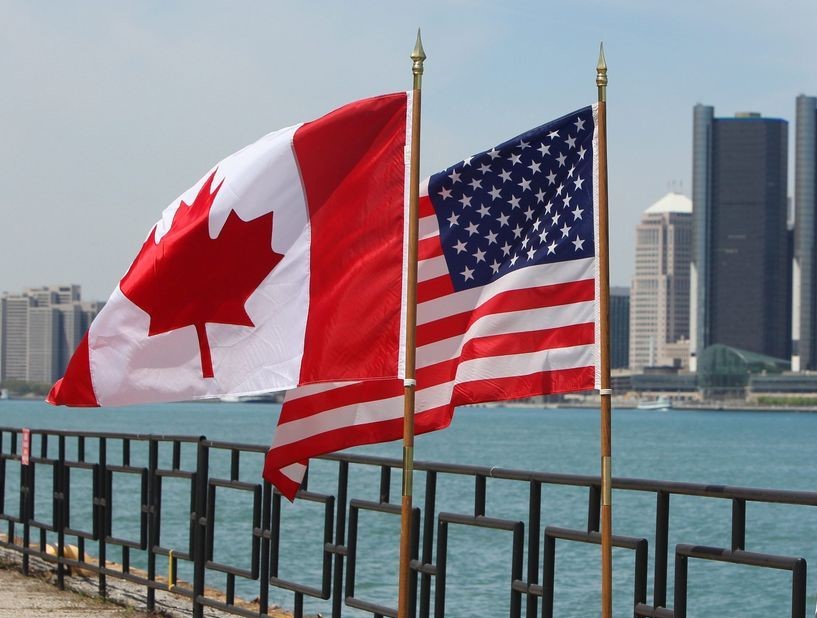 U.S. and Canada Relations - There is a critical need for better understanding of our U.S. and Canada border transactions. Together we are dealing with major threats and opportunities every day.
U.S. and Canada Relations - There is a critical need for better understanding of our U.S. and Canada border transactions. Together we are dealing with major threats and opportunities every day.
However, when newly elected officials and industry leaders move into positions of governance, they have little knowledge of the depth and breadth of our connectedness. Through MSU’s legacy of leadership training and policy orientation for local and state officials, we have been able to touch on shared issues. Nevertheless, we need more attention to cross border exchanges and more discussion of our geopolitics. Therefore, we look to create a U.S. - Canada Leadership Orientation that cultivates consideration for our binational, economic well-being and heritage of collaboration. Alongside the orientation, the Center is building a U.S. - Canada Relations Minor degree to recruit talented students and faculty to learn regional, binational dynamics.